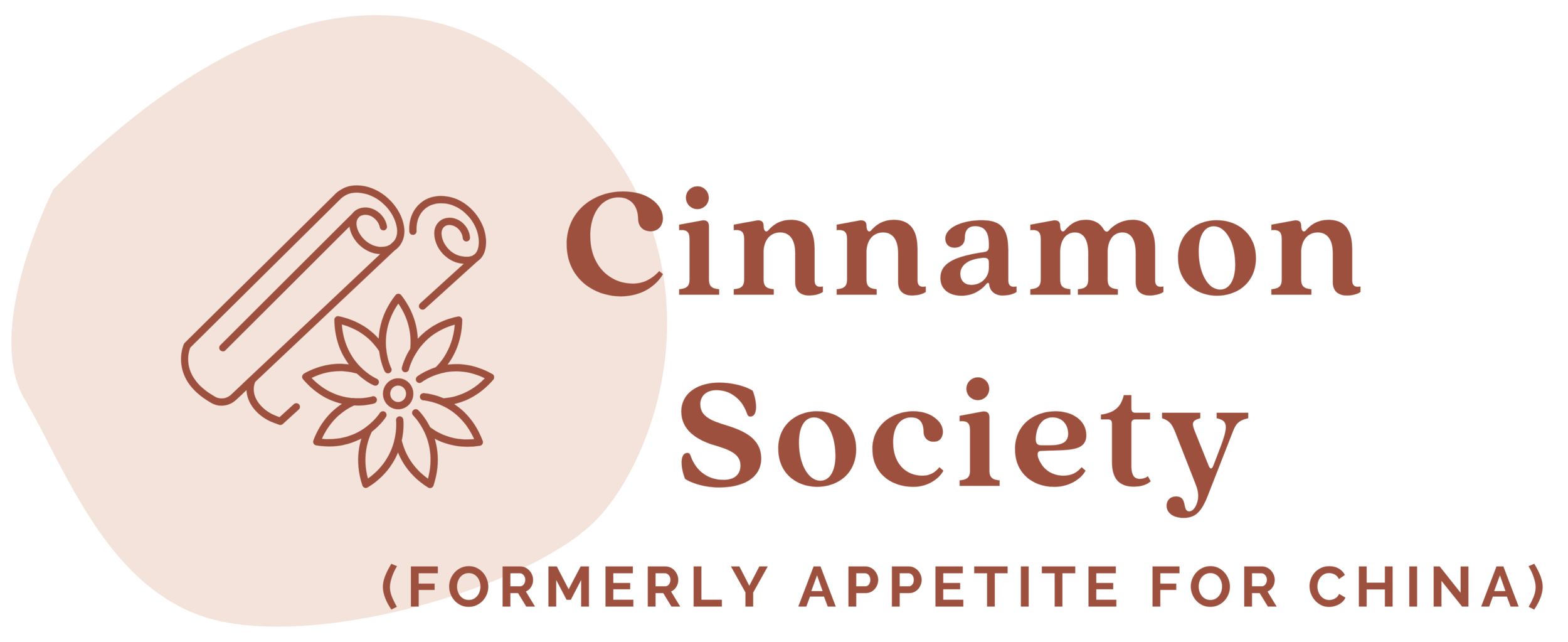Huangshan Food and Mountain Biking
Anhui-style pork belly hot pot
I didn't visit Huangshan, China's famous Yellow Mountain range, for the food. Jacob wanted to ride in the annual mountain bike festival and I needed to see nature again. (Fellow expats know that Chinese cities can be energy-drainers.) But food, or hints of it, weren't hard to find.
I tried hard to find a narrative thread for this post, but decided that the photos themselves do a much better job of showing the area.
Take, for example, this sea of yellow. Isn't this a pretty backdrop for thigh-burning, adrenaline-fueled exercise? We came at the optimal time to find that Yellow Mountain was, in fact, surrounded by lots and lots of yellow. What are these plants and why are they everywhere, from the sides of mountains to people's from yards? Rapeseed. I would not be surprised if China's entire supply of rapeseed oil came from the Huangshan area.
I didn't compete in the mountain bike race, but I did have fun photographing activities by the finish line. Specifically, villagers sitting on plastic stools roasting chicken. I normally don't associate China with good roast chicken because of the lack of ovens in city kitchens; in the countryside a fire is all you need.
In the Huangshan area there are also a handful of picturesque villages like Hongcun, where tons of tourists pass through but real villagers also live. It's easy to forget that beyond China's modernish cities people still grow their own vegetables and cook in kitchens such as these.
When you end up in a restaurant many kilometers away from anything except rapeseed fields, trust the kitchen to prepare whatever's fresh. That's how we ended up with the nice pork belly casserole dish in the first photo, which came with its own hot pot burner. I didn't like the fennel in these following spring rolls, but the bean curd skin was crispiest I had ever tasted.
And really, how can you say no to cycling on such a postcard-worthy bridge?
From Shanghai, you can reach Huangshan by plane (1 hour, 560 rmb or so), by train (12 hours, 175 rmb for hard sleeper), or bus (5 hours, 130 rmb). Yes, you read that correctly: 12 hours for train and 5 hours by bus. However, I still preferred the train; this particular bus was was run down, cramped, and could face enough traffic on weekdays to double your journey.






